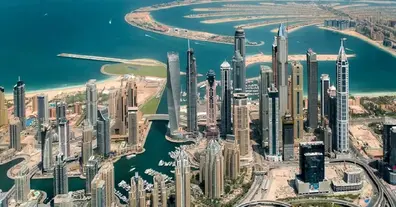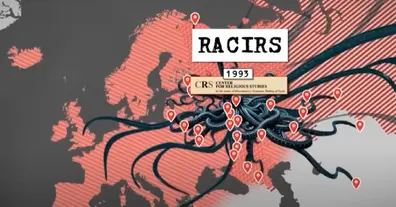SOLVE: книга, яка змінює підхід до вирішення конфліктів
Про книгу «Вирішуй: оволодіння мистецтвом вирішення конфліктів за допомогою матриці SOLVE» (2025). SOLVE модель показує, як ефективно знаходити порозуміння не лише професійним медіаторам, а й будь-кому, хто хоче знати як керувати конфліктами у житті.







